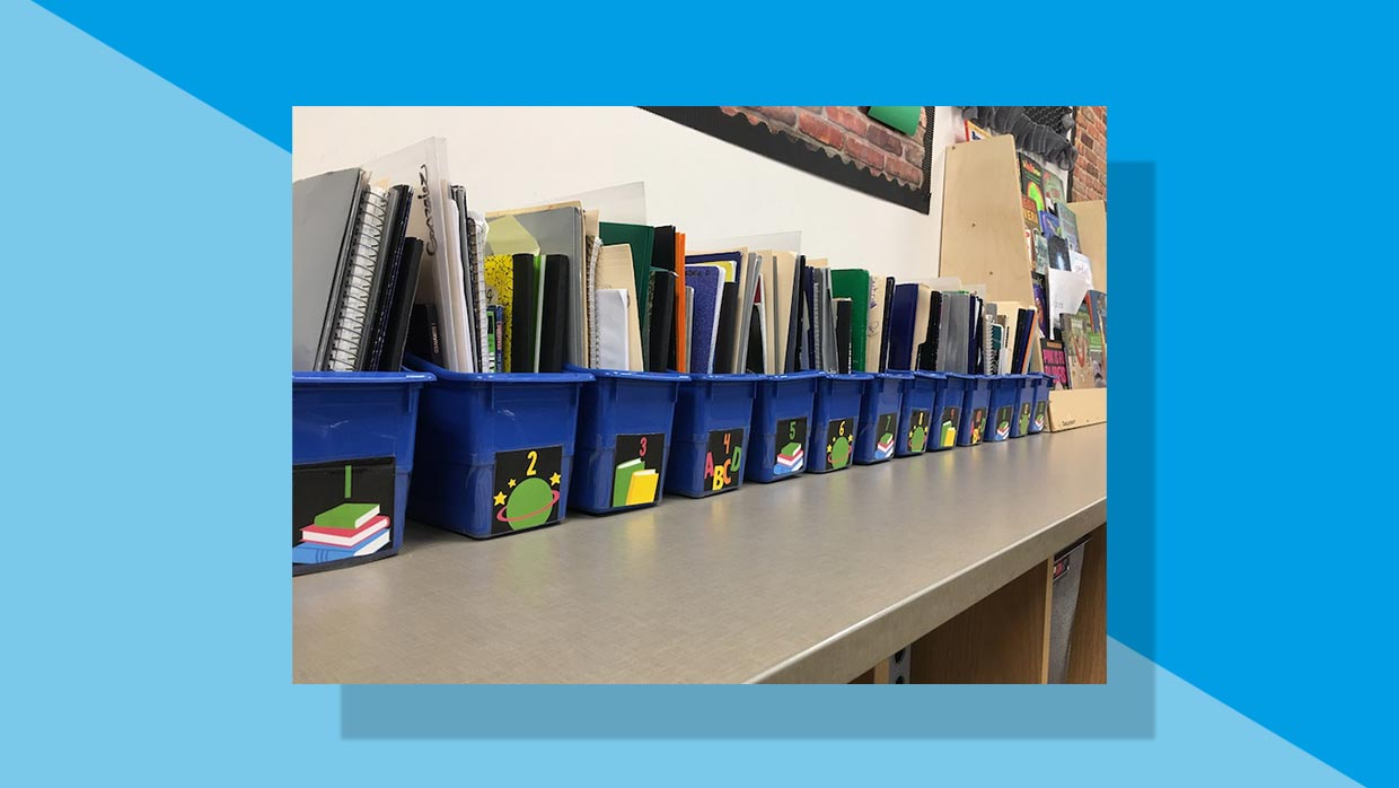The idea of a nightly reading log that requires a signature to prove student reading is nothing more than a task to complete and creates mindless work for both the teacher and the student. Here are four things you can do to keep readers accountable and help them thrive.
You might also like:
Top Graphic Novels for Reluctant Readers
Our Most Popular Book Lists
Must-Have Books for Grades PreK-5
One-on-one reading conferences
The goal of a one-on-one reading conference is to check in on your students’ reading in as natural way as possible. Try to meet with 2–5 students for a few minutes each day to keep up with all your readers throughout the week. When you sit down with a reader, frame the conversation around the following three questions:
1. Do they understand what they’re reading?
2. What do they need from you to keep going?
3. Are they using the tools in place to build their reading life?
Reluctant readers are going to happen. In those cases, guide the readers onto a path of success by listening to their doubts, acknowledging that reading slumps happen, and showing them how to get back on track. When a student is not reading, I visit the library with them and help them find a text that they’ll be successful with. Then, set some reading goals which you can revisit at a later conference.
Use graphic organizers
Young readers can better comprehend what they’ve read if they have an outlet for their thoughts. Here are some great collections of graphic organizers you can use in your classroom:
13 Graphic Organizers to Help Students Craft Engaging Responses to Reading
Top 10 Graphic Organizers to Help Students Comprehend Nonfiction
Top 10 Graphic Organizers to Help Students Understand Fiction
5 Graphic Organizers to Help Young Readers Understand Themes in Literature
6 Graphic Organizers to Help Students Express Their Opinions
Top 19 Graphic Organizers to Help Students Learn About Character Traits
Talk about reading as often as possible
Sharing moments from your personal reading journey with your students shows them how to discuss their own journey with others. Here are some talking points to discuss with your students:
- How you buy books
- Challenges you’re facing with the books
- How you’re adjusting your schedule to fit in reading
- Who recommended the book that you’re currently reading
- Something new you’re trying to help you grow as a reader
Booktalks
There’s no better way to encourage your students to read a book than an engaging book talk by one of their peers. Book talks are also a great way to build the reading community in your classroom and get an insight into what your students are reading. Here are some guiding questions to help your students deliver their book talk successfully:
- What it the book about?
- Why did you enjoy the book?
- Why should someone else read the book?
Plus, check out these great tips on the best ways to organize your classroom library
